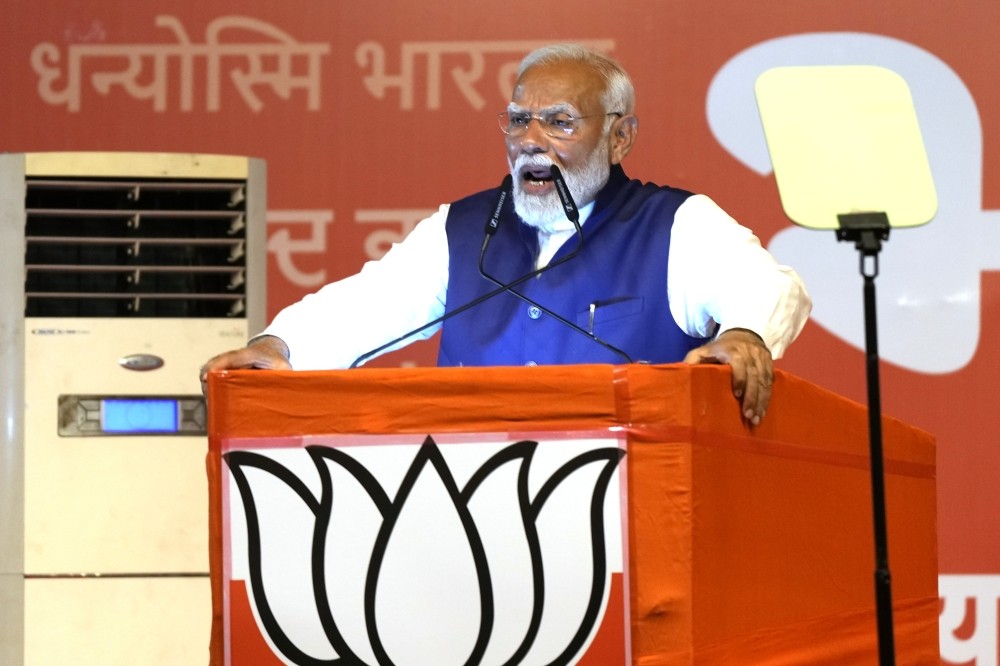05/06/2024
05/06/2024

NEW DELHI, June 5, (AP): For the first time since Prime Minister Narendra Modi’s Bharatiya Janata Party swept to power in 2014, the party did not secure a majority on its own in 2024 national election. But the prime minister’s coalition is still expected to run the country for another five years.
Modi’s allies generally support pro-Hindu legislation, but making new policies could be complicated by coalition politics and a slimmer majority.
Despite a setback, many of the Hindu nationalist policies he’s instituted over the last 10 years remain locked in place.
Soon after winning a second term in 2019, the Modi government stripped the special status of the disputed region of Jammu and Kashmir. Since 1954, the Muslim-majority region had been semi-autonomous, with a separate constitution and inherited protections on land and jobs.
The region is now run by unelected government officials and has lost its flag, criminal code and constitution.
The move divided the region into two federal territories, Ladakh and Jammu-Kashmir, both ruled directly by the central government. It was the first time in the history of India that a was downgraded from statehood to a federally administered territory.
That decision now seems to be irreversible, with India’s top court in December upholding the move, ruling that the region’s special status had been a "temporary provision.”


